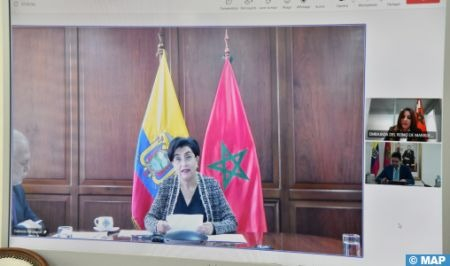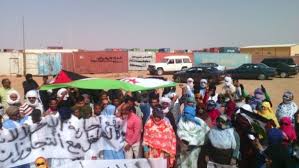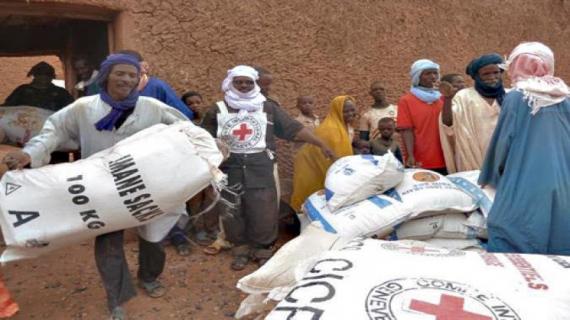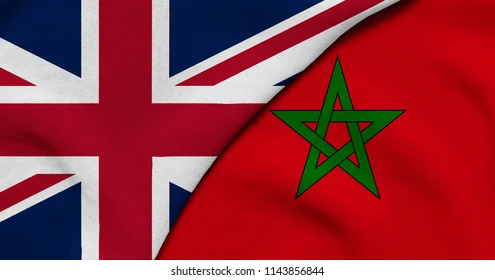Ecuador’s Foreign Minister Gabriela Sommerfeld reiterated, on Monday, her country’s decision to suspend its recognition of the self-proclaimed “sadr” and emphasized the importance of the Autonomy Initiative for the Sahara region, proposed by Morocco in 2007.
During a virtual meeting with her Moroccan peer Nasser Bourita, Sommerfeld took the opportunity to reaffirm Ecuador’s decision, taken on October 21, 2024, while serving as a non-permanent member of the UN Security Council for the 2023-2024 term, to suspend its recognition of the so-called “sadr.” This move aligns with universal principles of sovereignty, territorial integrity, and non-interference in the internal affairs of other states.
In a joint communiqué signed following their discussions, the Ecuadorian minister also underscored Ecuador’s support for achieving a peaceful and lasting solution to this regional dispute within the framework of the political process conducted exclusively under the auspices of the United Nations. She expressed full support for the efforts of UN Secretary-General António Guterres and his Personal Envoy, in accordance with relevant Security Council resolutions.
In this context, and in line with the position of the vast majority of UN member states, Ecuador’s Foreign Minister highlighted the “importance of the Autonomy Initiative” presented by Morocco in 2007 for the Sahara region. She described the initiative as a realistic, peaceful, and compromise-based solution to resolve the issue.
According to the joint communiqué, the two ministers also reaffirmed their strong commitment to continue coordination within international organizations and forums on issues of mutual interest, and to contribute positively to international initiatives aimed at promoting peace, security, and development.
They likewise reaffirmed their countries’ shared commitment to deepening bilateral cooperation in various fields and make of the relationship between their countries a model of dynamic and effective South-South cooperation, serving the ambitions and interests of the two friendly peoples.
Sommerfeld expressed her admiration for Morocco’s socio-economic development and its major achievements, praising the leadership of King Mohammed VI in promoting peace, security, and development, particularly in Africa and the Arab world.
During the discussions, the two ministers agreed to expand cooperation by establishing new partnerships in fields such as agriculture and food security, human development, renewable energy, trade, training and higher education, tourism, and handicrafts.
This new partnership includes, among other initiatives, technical support for human development projects in Ecuador, numerous scholarships for Ecuadorian professionals to study in Morocco, and advanced cooperation in food security to support the rapidly developing agricultural sector in the South American country.
The ministers also reiterated their shared commitment to further promoting trade flows, investment, and the development of human and cultural exchanges between Morocco and Ecuador, leveraging their respective strategic positions in Africa, the Arab world, and South America.
The meeting highlighted by the signing of several agreements, including a Framework Memorandum of Understanding for enhanced cooperation, and an Agreement on visa exemption for holders of diplomatic and service passports.



